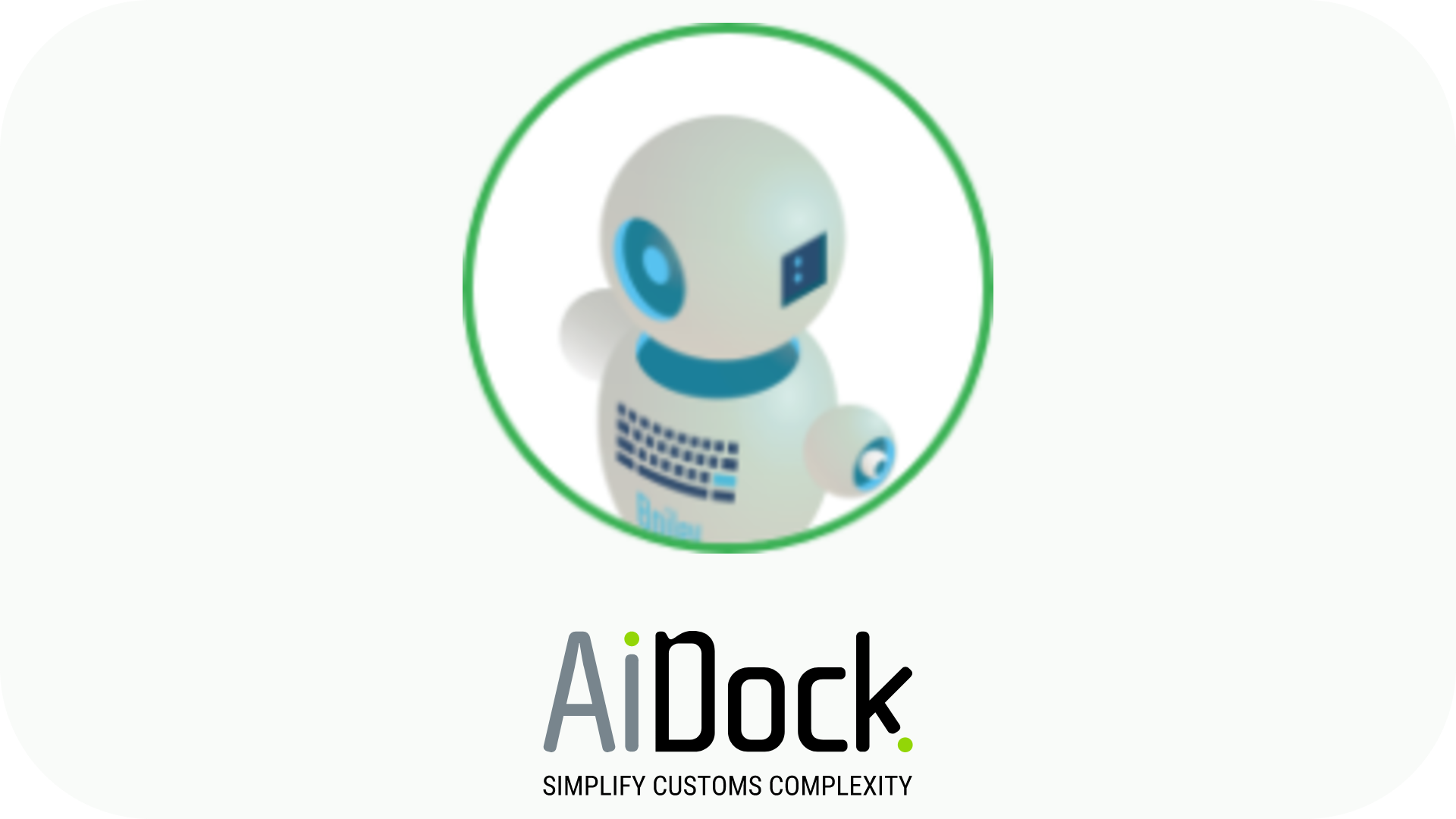In an era when technological advancements constantly push the boundaries of what’s possible, artificial intelligence (AI) has emerged as a cornerstone technology with the potential to reshape industries. The supply chain sector is a prime candidate for AI-driven transformation. Forbes highlights the immense potential of AI in revolutionizing the supply chain industry, underscoring its ability to optimize operations, enhance decision-making, and ultimately redefine the industry’s future.
Unleashing Efficiency and Accuracy
AI’s impact on the supply chain is multifaceted, with efficiency and accuracy at the forefront. Traditional supply chain operations, often hampered by manual processes and a lack of real-time data, can significantly benefit from AI’s capability to process vast amounts of data swiftly. By integrating AI, businesses can automate routine tasks, from inventory management to order processing, reducing human error and increasing operational speed. This leap in efficiency not only streamlines operations but also boosts overall productivity.
Predictive Analytics: A Game-Changer
Predictive analytics is one of AI’s most transformative contributions to the supply chain. AI can forecast future trends, demand spikes, and potential disruptions by analyzing historical data and identifying patterns. This foresight enables companies to make informed decisions, such as adjusting inventory levels or rerouting shipments, to preempt issues before they arise. Predictive analytics offers a competitive edge that can significantly enhance resilience and adaptability in a landscape where timing and anticipation can make or break success.
Enhancing Visibility and Transparency
Visibility and transparency across the supply chain are critical for effective management and customer satisfaction. AI technologies, including blockchain and IoT (Internet of Things), play a pivotal role in achieving unparalleled levels of transparency. Stakeholders can gain insights into the supply chain’s every facet by facilitating real-time tracking and tracing of products from origin to destination. This visibility fosters trust among consumers and enables businesses to address issues, ensuring a smoother flow of goods quickly.
Personalization and Customer Experience
In today’s market, personalization is vital to customer satisfaction. AI’s advanced analytics and machine learning capabilities allow supply chain customization to meet individual customer needs. From personalized product recommendations to tailored delivery options, AI enables companies to offer unique customer experiences, fostering loyalty and driving sales.
Overcoming Challenges for a Brighter Future
Despite its promising potential, integrating AI into the supply chain is challenging. Data privacy, security, and the need for substantial initial investment can be significant barriers. Moreover, the success of AI in the supply chain depends on the availability of quality data and companies’ ability to adapt to technological changes. However, these challenges can be overcome with strategic planning and continuous innovation, paving the way for a more efficient, transparent, and customer-centric supply chain.
FAQ
How Does AI Improve Efficiency in Supply Chain Operations?
AI enhances efficiency in supply chain operations by automating routine tasks, such as inventory management, order processing, and logistics scheduling. It utilizes algorithms to process and analyze large datasets much faster than humanly possible, reducing errors and increasing the speed of operations. This automation streamlines workflows and frees up human employees to focus on more complex, value-added activities.
What Role Does Predictive Analytics Play in Supply Chain Management?
Predictive analytics, powered by AI, plays a critical role in forecasting future trends, demand fluctuations, and potential disruptions in the supply chain. By analyzing historical data and identifying patterns, AI can help companies make informed decisions to optimize inventory levels, enhance resource allocation, and prevent logistical issues before they occur. This foresight is crucial for maintaining a resilient and responsive supply chain that can adapt to changes and challenges efficiently.
Can AI revolutionize the supply chain, or are there roadblocks to implementation?
Implementing AI in the supply chain comes with several challenges, including concerns over data privacy, the need for significant initial investments, and the requirement for high-quality data. Additionally, companies may need help adapting to technological changes and integrating AI with existing systems.
Overcoming these challenges involves:
- ensuring robust data security measures,
- planning for gradual implementation to manage costs,
- focusing on data quality and integration capabilities, and
- fostering a culture of innovation and adaptability within the organization.
With careful planning and a strategic approach, the challenges of AI implementation can be navigated successfully.



